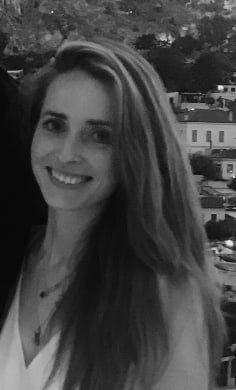Ions & Ionic Bonds (Cambridge O Level Chemistry)
Revision Note

Author
AlexandraExpertise
Chemistry
The Formation of Ions
- An ion is an electrically charged atom or group of atoms formed by the loss or gain of electrons
- An atom will lose or gain electrons to become more stable
- The loss or gain of electrons takes place to gain a full outer shell of electrons which is a more stable arrangement of electrons
- The electronic configuration of an ion will be the same as that of a noble gas – such as helium, neon and argon

Formation of positively charged sodium ion

Formation of negatively charged chloride ion
Ionisation of metals and non-metals
- Metals: all metals can lose electrons to other atoms to become positively charged ions, known as cations
- Non-metals: all non-metals can gain electrons from other atoms to become negatively charged ions, known as anions
The Formation of Ionic Bonds
- Ionic compounds are formed when metal atoms react with non-metal atoms
- Metal atoms lose their outer electrons which the non-metal atoms gain to form positive and negative ions
- The positive and negative ions are held together by strong electrostatic forces of attraction between opposite charges
- This force of attraction is known as an ionic bond and they hold ionic compounds together
Dot-and-cross diagrams
- Dot and cross diagrams are diagrams that show the arrangement of the outer-shell electrons in an ionic or covalent compound or element
- The electrons are shown as dots and crosses
- In a dot and cross diagram:
- Only the outer electrons are shown
- The charge of the ion is spread evenly which is shown by using brackets
- The charge on each ion is written at the top right-hand corner

Electrostatic forces between the positive Na ion and negative Cl ion

You've read 0 of your 0 free revision notes
Get unlimited access
to absolutely everything:
- Downloadable PDFs
- Unlimited Revision Notes
- Topic Questions
- Past Papers
- Model Answers
- Videos (Maths and Science)
Did this page help you?